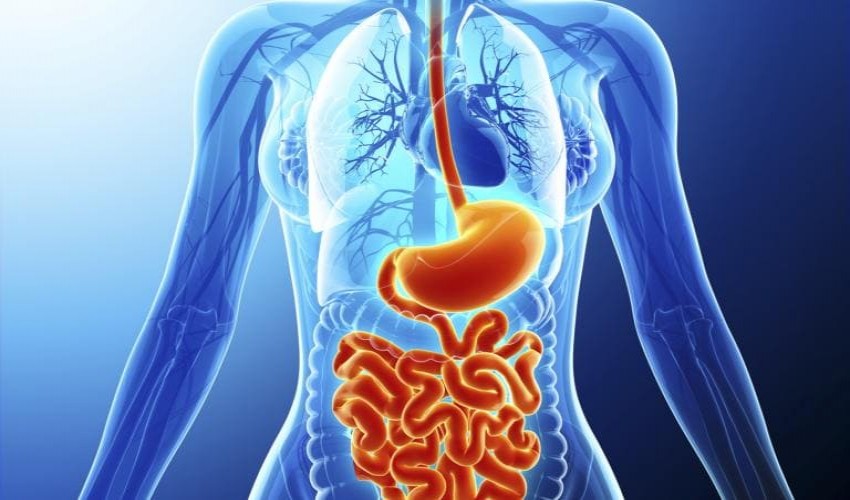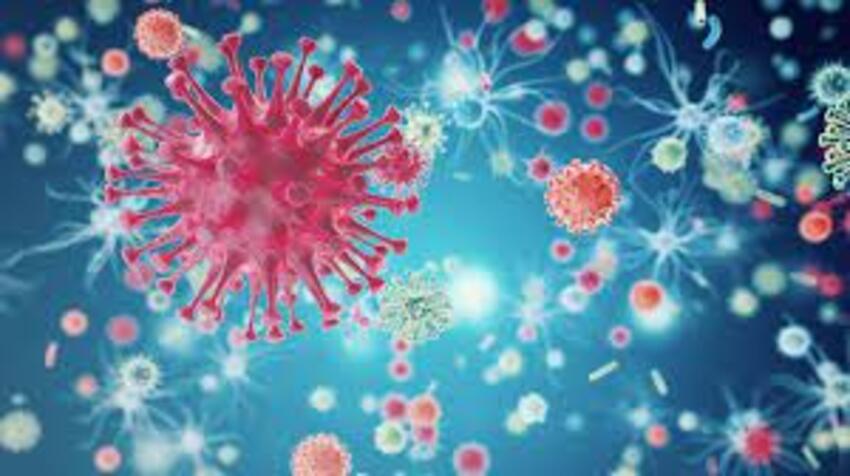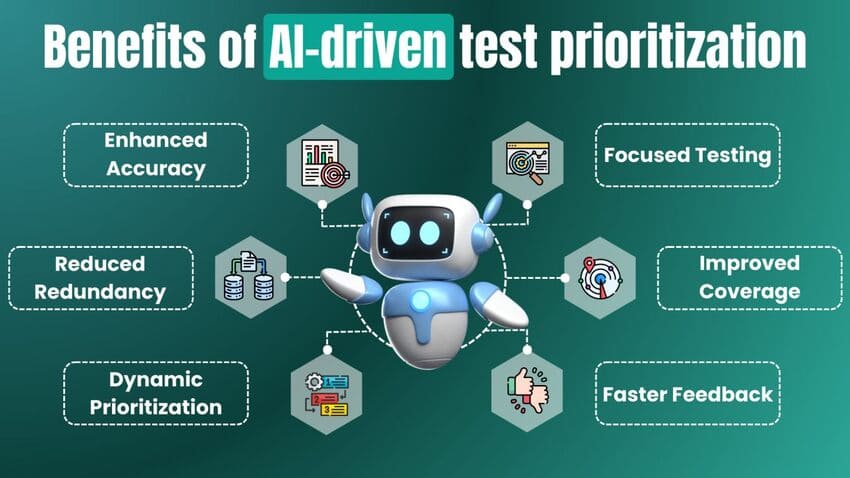
Gastroenterology
Gastroenterology is the branch of internal medicine that
focuses on the structure, functions and diseases of the digestive tract.
Gastroenterologists are doctors who specialize in treating
conditions of the digestive system, which includes the esophagus, stomach,
small intestine and large intestine, as well as associated organs like the
liver, pancreas and gall bladder. They consult with patients about their
gastrointestinal health and may prescribe medications or recommend nutritional
strategies or lifestyle changes to treat or manage conditions. Gastroenterologists
also conduct endoscopic procedures, such as colonoscopies. Some specialize in
the treatment of particular conditions, such as esophageal disorders, motility
disorders or liver diseases.
Gastroenterology is the medical study of the digestive
system and related disorders. Problems with the stomach, intestines, esophagus,
colon, and bowels are all part of the study of gastroenterology. A
gastroenterological specialist has typically spent several years studying
internal and digestive medicine in addition to regular medical training. The
study of digestive ailments has grown immensely with the development of modern
medical technology, allowing specialists in this field a multitude of diagnostic
and treatment options that were completely unavailable before the 20th century.
The health of the digestive system is crucial to whole body wellness. An
improperly functioning digestive system can inhibit proper nutrition, slow down
food processing, and lead to system toxicity due to the improper management of
bodily waste. Gastroenterology is concerned with the diagnosis and treatment of
almost all digestive issues, including various forms of cancer, organ damage,
ulcers, and abnormally operating digestive and waste systems.
Gastroenterology is the study of the normal function and
diseases of the esophagus, stomach, small intestine, colon and rectum,
pancreas, gallbladder, bile ducts and liver.
A gastroenterologist needs to have a detailed understanding of the normal physiology of all the above mentioned organs as well as motility through the intestines and gastrointestinal tract in order to maintain a healthy digestion, absorption of nutrients, removal of waste and metabolic processes.
- peptic ulcer disease
- gastric cancers
- esophageal cancers
- achalasia
- Barret’s esophagus
- colon polyps
- colon and bowel cancers
- pancreatitis
- pancreatic cancers
- cholecystitis
- biliary tract disease
- gallbladder stones and cancer
- hepatitis
- gastroesophageal reflux
- colitis
- nutritional problems and malabsorption
- Irritable Bowel Syndrome (IBS)
- a host of other disease conditions
Recent Published
Submit Manuscript
To give your manuscript the best chance of publication, follow these policies and formatting guidelines.


